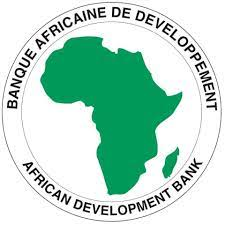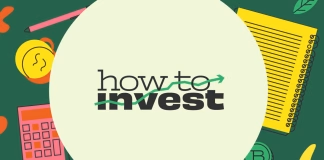According to the African Development Bank (AfDB), the continent’s food and agriculture industry is expected to reach $1 trillion by 2030.
The AfDB claims that this would present smallholder farmers with a significant opportunity to meet the continent’s growing food demand and encourage businesses to become involved in the sector.
This was spoken by Dr. Akinwumi Adesina, President of the AfDB, during the Norman E. Borlaug discussion hosted by the World Food Prize Foundation in Des Moines, Iowa, in the United States.
According to Akinwumi, a number of international leaders are actively promoting food security and production in Africa.
He stated that the action is appropriate since it is anticipated that there will be nine billion people on the planet by the year 2050. This would put pressure on Africa to boost its agricultural output in order to fulfill the growing need for food on the continent.
He emphasized that, strangely, the majority of the world’s food is imported from the continent, which is home to 65% of the world’s remaining uncultivated arable land. African leaders are determined to ensure that their nations become food exporters and self-sufficient in food.
Maintaining that this is in line with the main tenets of the Bank’s Feed Africa strategy, which it launched in 2016, Adesina explained how 34 African leaders endorsed country food and agriculture delivery compacts that produced action- and outcome-driven plans to ensure food security and unlock the continent’s full agricultural potential within five years.
More than 250 million people have benefited from the plan since then, he continued, thanks to advancements in agricultural technologies.
Adesina stated that although the bank is anticipated to provide $10 billion over the following five years, partners have already pledged over $70 billion to support the food compacts.
According to him, the Dakar 2 demonstrated the leaders of Africa’s will to guarantee that the continent is self-sufficient in food. President Sahle-Work Zewde of Ethiopia, one of the leaders present at the Borlaug Dialogue, declared: “We, the African leaders, are dedicated to achieving food self-sufficiency.” For the first time in its history, Ethiopia is exporting wheat to its neighbors and is self-sufficient in wheat production.
Zewde stated that the Technologies for African Agricultural Transformation (TAAT) program of the African Development Bank had a significant role in this ground-breaking accomplishment. Ethiopia’s wheat output is expected to increase by 1.6 million metric tons in 2023 thanks to the distribution of more than 100,000 tons of certified seeds of heat-tolerant wheat types by TAAT.
Vice President Kashim Shettima repeatedly emphasized the need of leadership to feed and grow Africa, further highlighting the great degree of African engagement at the Borlaug Dialogue. He emphasized, “A nation rises or falls dependent on the quality of its leadership.”
Special Agro-Industrial Processing Zones (SAPZs) are a crucial tool for transforming African agriculture, according to Plateau State Governor Mr. Caleb Mutfwang.
“The time has come to deal with the elephant in the room, which is corruption,” Mutfwang declared. We mean business when we say that investment in Plateau State benefits all parties involved.











